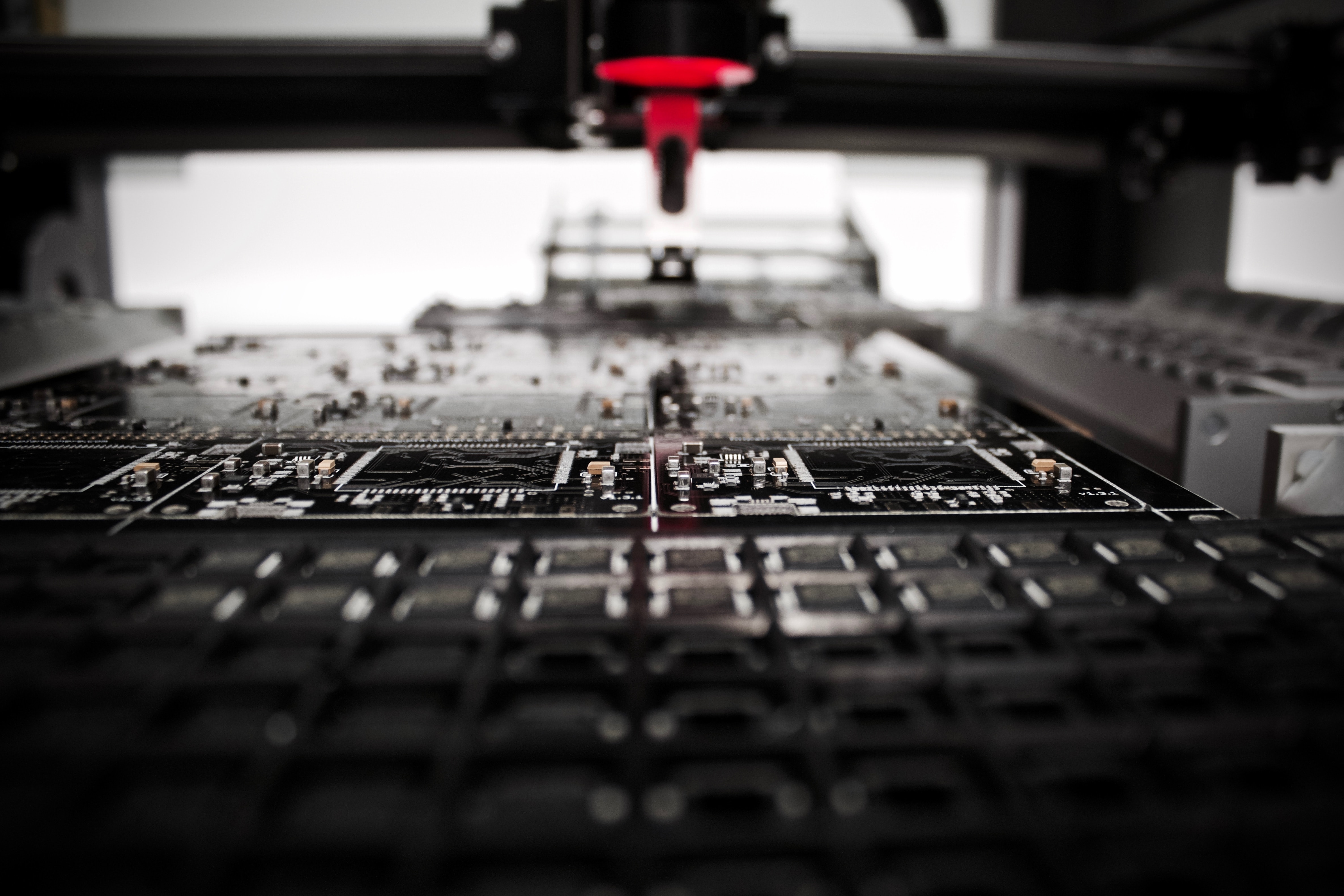SoftBank Group-owned UK chip designer Arm and its Chinese joint venture issued contradicting statements on Wednesday over the removal of the local unit’s CEO, a rare sign of tension at a key player in the semiconductor industry.
Arm Limited initially said in a short statement on Tuesday that the board of Arm China appointed two interim co-CEOs to replace Allen Wu as chairman and CEO.
On Wednesday, Arm China posted on Chinese social media platforms that Wu would continue to lead the company, directly contradicting the British company. “Arm China is an independent entity and legally registered in China. According to all the laws and regulations, Allen Wu will continue his responsibility and role as Chairman and CEO,” it said.
The company is operating normally and continues to serve customers, the post said.
Arm Limited then issued a lengthier joint statement with Hopu, another major shareholder in Arm China. It said Wu was removed after a whistleblower complaint triggered an investigation, which found “serious irregularities, including failing to disclose conflicts of interest and violations of the employee handbook.”
“The Board believes that removing Mr. Wu is the most ethical and responsible decision to ensure Arm China’s long-term stability and business prospects,” Arm and Hopu said.
The contradicting statements suggest disagreement between the two entities after Arm spun off its Chinese business.
SoftBank acquired Arm, the leading designer for chips that power smartphones, in 2016 for about USD 31 billion. In 2018, Arm sold a 51% stake in its Chinese unit, based in Shenzhen, to a consortium of investors. They include state-backed entities such as the Silk Road Fund, sovereign wealth fund China Investment Corporation and Shenzhen government-owned conglomerate Shum Yip Group.
Since the acquisition, SoftBank Chairman and CEO Masayoshi Son has pushed Arm to ramp up spending on research and development in an effort to expand the range of devices using Arm-designed chips. In mid-May, he said shipment of Arm-designed chips are “continuing to grow at an exponential rate.”
But the effort has yet to deliver financial results — Arm posted USD 1.89 billion in revenue for the fiscal year ended in March, only a 3% increase from the previous year, according to accounts published by SoftBank.
Arm is viewed as one of the world’s most important chip design blueprint providers as its intellectual property is needed in more than 90% of global smartphones and mobile devices. Apple, Samsung, Huawei, Qualcomm, and Mediatek all need Arm IP licenses to develop their core mobile processors.
For example, all of Huawei’s in-house design high-end mobile processors for its premium phones, from its own chip unit HiSilicon Technologies, are based on Arm’s chip blueprint infrastructure and IP.
Softbank’s move in 2018 to cede control of its Chinese operation was viewed as a victory and a major breakthrough for Beijing to secure a crucial source of semiconductor technology. The Chinese government has long hoped to boost its own chip industry, and slash reliance on foreign suppliers.
